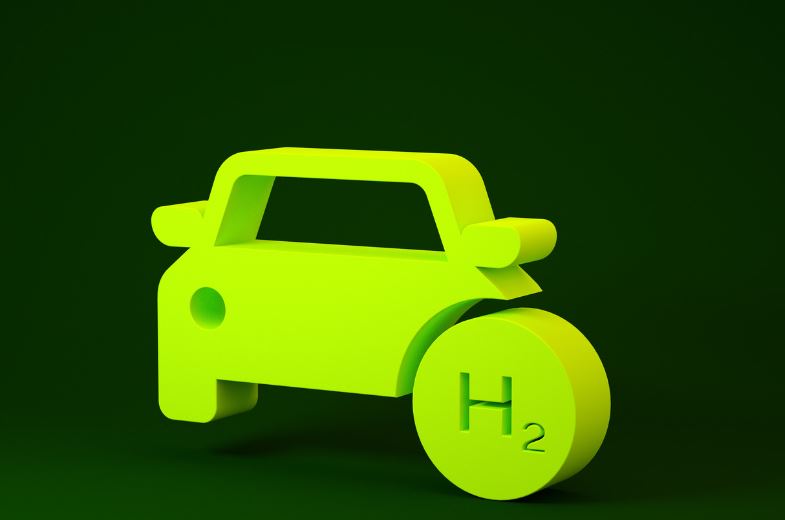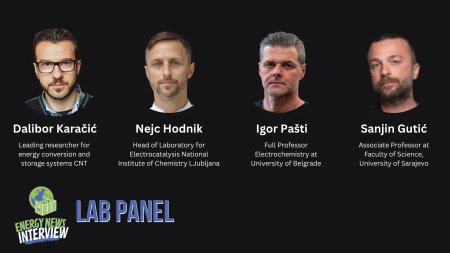The shift towards sustainable energy solutions has intensified within the automotive sector, with Polymer Electrolyte Membrane Fuel Cells (PEMFCs) leading the research forefront.
A remarkable metric underscores the environmental urgency: transportation accounts for almost 30% of global CO2 emissions. This startling figure demands innovation in vehicular power sources, particularly focusing on components that govern energy efficiency and emissions reductions.
The challenge emerges starkly when examining fuel cell hybrid vehicles (FCHVs). Current market analyses reveal that the global fuel cell vehicle market is projected to reach $1.5 billion by 2026, growing at a compound annual growth rate (CAGR) of 46.6% since fuel cell systems need to effectively balance cost, efficiency, and durability. The industry stakes hinge significantly on optimizing hydrogen utilization without compromising vehicle performance—a matter not solely of environmental concern but also of commercial viability.
A compelling aspect of this discourse is a paradigm shift towards dynamic modeling of fuel cell systems, challenging the dominance of traditional static modeling approaches. Static models have long been criticized for their inability to account for temporal variations in fuel cell performance under variable operating conditions. One unexpected insight reveals that neglecting transient behaviors such as load fluctuations and water management can skew performance predictions, potentially misguiding large-scale deployments.
Dynamic models, such as those developed using MATLAB/Simulink, simulate transient behaviors and enable a time-dependent analysis of PEMFC performance. These models incorporate response speeds, temperature effects, and degradation processes. For example, excessive temperature fluctuations can lead to dehydration or flooding in the fuel cell stack, as temperature control mechanisms align tightly with the stack size and thermal load. This insight substantiates the industry’s pivot from simplified models to those acknowledging intricate operational realities.
One critical factor in FCHV efficiency is the Balance of Plant (BOP)—comprising components that manage air, hydrogen, cooling, and humidifying processes. Accurately modeling BOP components is paramount, as it assists in modulating the dynamic behavior of fuel cells, thereby enhancing overall energy management strategies.
Researchers have examined various strategies to improve energy management, including the constant power method, baseline mode, and the target State of Charge (SOC) change method. Taking the spotlight, the target SOC change method demonstrated a reduction in hydrogen consumption by up to 24% in low-load conditions, based on tests conducted across different drive cycles. This method, which adjusts battery SOC to align with real-time power needs, emerges as a viable strategy for minimizing hydrogen usage while maintaining vehicle performance. Current market growth supports this approach, as stakeholders seek solutions ensuring economic and operational efficiencies.
A close consideration of PEMFCs reveals recurring performance issues linked to transient conditions—insufficient water management, rapid load changes, and imbalanced temperature regulation all contribute to reduced efficiency. Addressing these through dynamic models and energy management strategies can significantly bolster PEMFC applications by mitigating degradation risks and extending operational life, aligning with industry standards for efficiency rates and durability.








